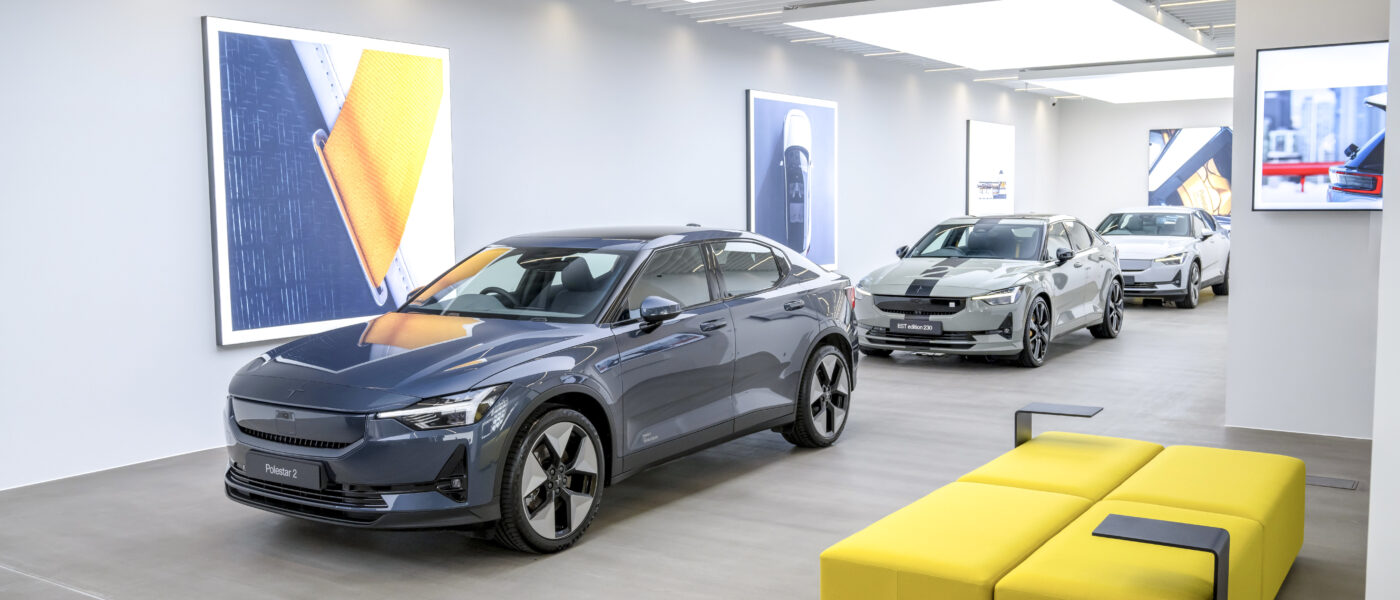Nearly 500,000 plug-in vehicles added to UK roads in 2023
Almost half a million new EVs and plug-in hybrids took to the UK roads last year, according to new figures.
Full-year data from the Society of Motor Manufacturers and Traders (SMMT) shows that the number of full EVs jumped almost 50% in 2023, with battery electric cars accounting for 2.7% of all cars in use, up from 1.9% the previous year.
Recent months have seen a slowdown in EV registrations as private sales have struggled, but the figures show that in 2023 455,998 new passenger BEVs and PHEV were registered in 2023. Fully electric cars accounted for more than 314,000 of those, with around 141,000 plug-in cars.
Thanks to growing numbers of low-emission or zero-emission cars, the average car CO2 emissions dropped 2.1%, while company car emissions fell 11.5% thanks to tax breaks encouraging business buyers to go electric.
Earlier this year, the UK’s one millionth EV was registered and one in 40 of all vehicles in use are now zero emission, with a sharp increase in the number of electric commercial vehicles alongside the rise in passenger EVs and PHEVs.
Light commercial vans saw a similar jump to passenger cars, with a 43.5% increase in volumes over 2022, with 61,161 new EV vans registered. While it is a significant increase, just 1.2% of vans are now zero emissions.
Electric HGV numbers rose 146.4% in 2023, but represent just 0.4% of the fleet, an issue that the SMMT says requires urgent action on grants and infrastructure to address. The number of electric buses in operation grew by a similar amount, up by 159.4% to 1,922 units, 2.7% of the total fleet. That makes the UK Europe’s biggest market for zero emission buses and coaches.
The SMMT warned that while EV use continued to grow, charging infrastructure was struggling to keep pace. It noted: “2023 was the best year for public chargepoint rollout, but there is still just one standard public charger available for every 35 plug-in cars on the road, only a slight improvement from one for every 36 last year.
“The situation is even more challenging for commercial vehicles, with no clear national plan for van-specific chargepoints, and just one dedicated public truck charging location for the entire country.
“With increasing numbers of electric cars and vans now being mandated for sale, the time to invest in infrastructure is now. That investment should be nationwide so that everyone – irrespective of vehicle type, location and accessibility – can access a reliable, convenient and affordable charging network.”
The figures also showed that drivers and businesses were holding onto older vehicles for longer, increasing the average age of the UK’s vehicle parc. SMMT chief executive Mike Hawes said buyers needed encouragement to replace their vehicles with greener options and called for “compelling fiscal incentives” to promote zero emissions choices.
